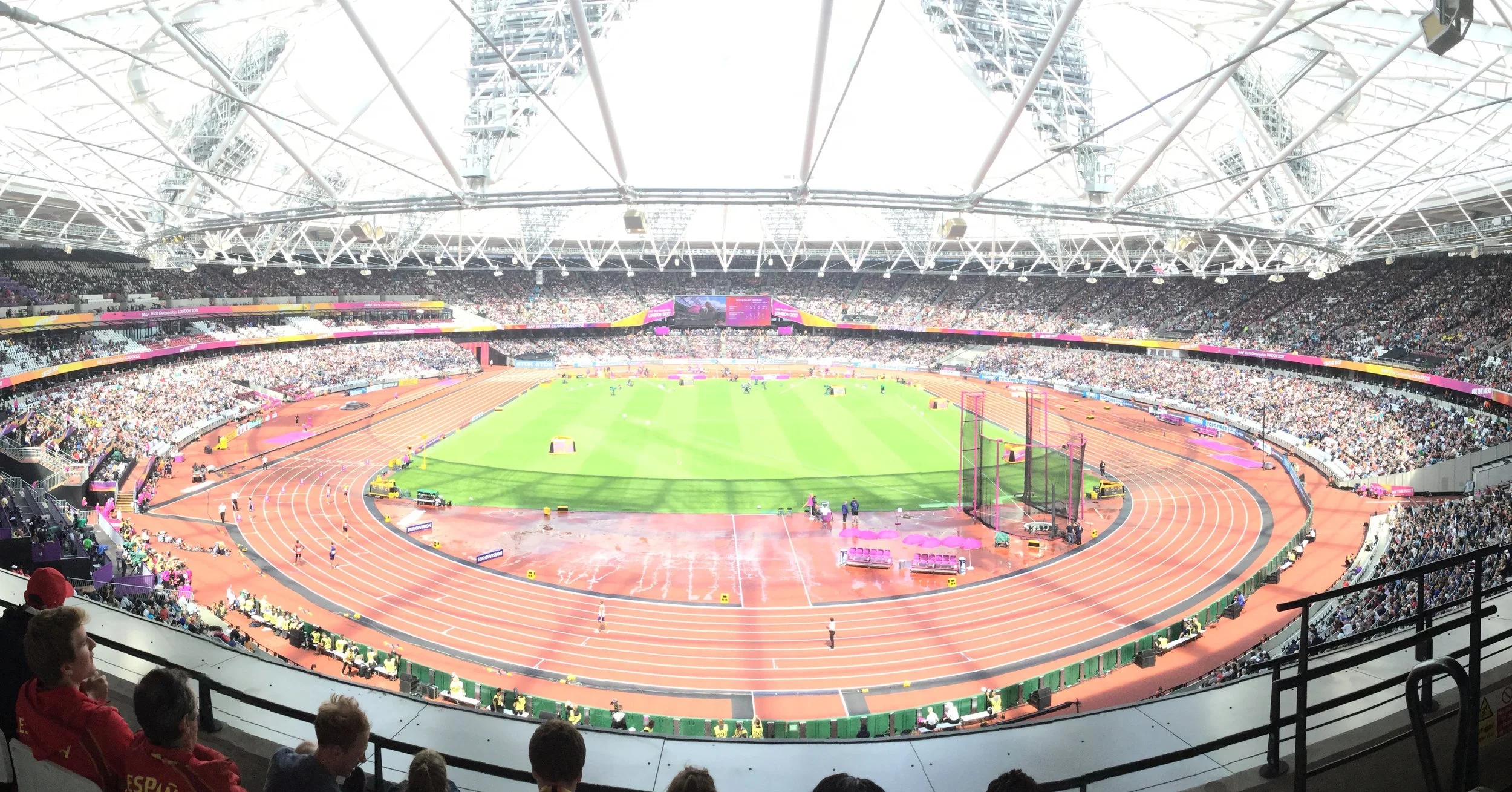Iatrogenics is a term most commonly used in medicine. As attested by the Hippocratic oath (and the premise ‘First Do No Harm’), the medical profession is familiar with the concept that an intervention may pose potential risks and unforeseen consequences. In contrast, the idea that we may either not be helping or through our involvement inadvertently making the athlete worse off does not necessarily occur to coaches and practitioners. In this post we explore how iatrogenics applies in the context of coaching and practice, and make the case for considering potential risks as well as benefits before we intervene.
Marshalling the Mind Under Stress
High stakes and heightened emotions are characteristic of competitive sport, particularly at the highest level. For those who operate in elite and professional sport the presence of stress seems ubiquitous. Coaches and athletes alike regularly face high pressure scenarios where there is a great deal of expectation and much riding on the outcome. Anticipation of an important event, such as a big game, major competition, or selection trials naturally inspire a host of feelings, thoughts, and emotions, ranging from excitement to anxiety and even dread, sometimes simultaneously! In this post we explore how we can equip ourselves and help our athletes to meet the psychological and emotional challenges we will inevitably face on the journey.
Leveraging 'Agency' in Athlete Preparation
Agency can be defined as the sense that we are in control of our own actions and the outcomes that follow. Agency is central to how we perceive our interactions with the outside world. For instance, sense of agency permits us to feel that through our actions we are able to influence external events. In this way, agency is integral to the notion that we have some degree of control over our situation, our standing in the world, and our future direction. In this latest offering we peel back the layers of agency in the context of athlete preparation, exploring what it means (and what it doesn’t mean) in relation to our work with athletes.
Emotional Aptitude in Athlete Preparation
Emotion has traditionally been viewed as something to be suppressed. The logic goes that as leaders and people in positions of authority we should be detached and act ‘without emotion’. If somebody is described as ‘emotional’ generally this is construed as a bad thing; when we become ‘emotional’ the implication is that we are no longer being rational or we are not capable of reason. Conventional wisdom advocates we avoid an emotional response or making emotional decisions. In contrast to these established views, more recent study in this area demonstrates that emotion is in fact integral to reasoning, decision making, guiding our behaviour, and our ability to relate to others. Emotional intelligence is accordingly becoming recognised as being at least as important as more established forms of intelligence. Indeed we increasingly hear commentators proclaim that ‘EQ trumps IQ’. In this latest Informed Blog we delve into the role of emotion in coaching and our work with athletes, and explore what aptitudes we need to possess in this area as leaders, coaches, and practitioners.
Fostering Diversity of Thinking
Divergence of opinion has traditionally been viewed in less than positive terms: when x and y don’t see eye to eye on a particular subject, this is generally seen as problematic. By extension, we hear of the virtues of assembling a group of ‘like-minded’ individuals. Organisations typically promote compromise and conformity as virtues to foster harmony and unity within the group. Contrary to this, the wisdom of crowds illustrates the benefits of aggregating judgements from a broad and disparate group of individuals. To further strengthen the case for diversity of thought and experience, ‘cognitive diversity’ is in fact found to be the major factor that differentiates successful teams and organisations. In this Informed Blog, we explore the paradoxical ways diversity and divergence are conceptualised, and see what lessons we can take on a group and an individual level in the context of sport.
Traits of Elite Coaches and High Performing Practitioners
In this latest offering we explore some of the traits that differentiate the best coaches and practitioners in their fields. One disclaimer before we start is that this post is based on observational study. To some degree the themes we explore reflect wisdom shared by prominent individuals via different forums and media. However, I unapologetically give more weight to traits and behaviours that I have directly observed. I have been fortunate to interact with a representative sample of these exceptional individuals across multiple sports in various contexts; this has provided the opportunity to see how they approach their work with ‘live’ athletes in different scenarios, as opposed to how individuals claim they act and operate in practice. The themes we explore are therefore more a product of this direct observation, rather than simply distilling what has been presented elsewhere.
Informed Shorts: 'Meta Abilities' for Coaches, Practitioners and Athletes
In this second ‘Informed Short’ we explore the concept of meta-abilities, and unpack the superpowers that we can harness to enhance our practice in a variety of realms as coaches and practitioners in sport, and educate our athletes to make use to these tools for themselves. We can define meta-abilities as ‘higher order’ skills. A defining characteristic of meta-abilities is that they effectively determine how well we are able to make use of our other capabilities.
The 'C' Word
The word 'culture' is often thrown around in the context of teams and organisations. Everybody is talking about culture. Despite being a nebulous term and intangible in nature, culture is cited over and over again by teams and organisations. Everybody seems to be in agreement that culture is critical to success in different realms, even if we are not necessarily clear on what it is. Culture is simultaneously cited as both the root cause and universal solution to all ills. In this post we will try to get a handle on the 'C' word. More importantly we will attempt to get to the bottom of what creates culture, and explore how we might go about effecting a change in team or organisational culture.
Major Competition Coaching
Major competition poses unique challenges not only for the athlete, but also the coach and wider support staff. From a logistical viewpoint there are a host of additional factors to manage, but on a more personal level, each member of the team must also manage themselves and how they interact with the athlete. In the crucible of a major competition environment the mettle of all individuals concerned is tested, and every member of staff connected to the athlete has a responsibility. In this post we will dig deeper on this topic, and explore ways we can support athletes in handling the pressures to compete at their best on the biggest stage.
A 'Meta-Learning' Approach for More Productive Training
Athletes and coaches across all sports incessantly speak about the importance of 'focussing on the process', and process goals. As coaches and practitioners we are likewise ever mindful of scheduling constraints and the need to make best use of the finite time permitted to prepare our athletes. In previous posts we have spoken about the importance of mobilising mental resources, and the critical role of athletes' perception in relation to training responses. Here we will venture into the realms of teaching and learning, in order to make meaningful use of the notion of 'process focus' in the context of sport. In our quest for more purposeful training we will explore the concept of 'meta-learning', and outline how these principles might be applied to the process and the practice of preparing athletes.














